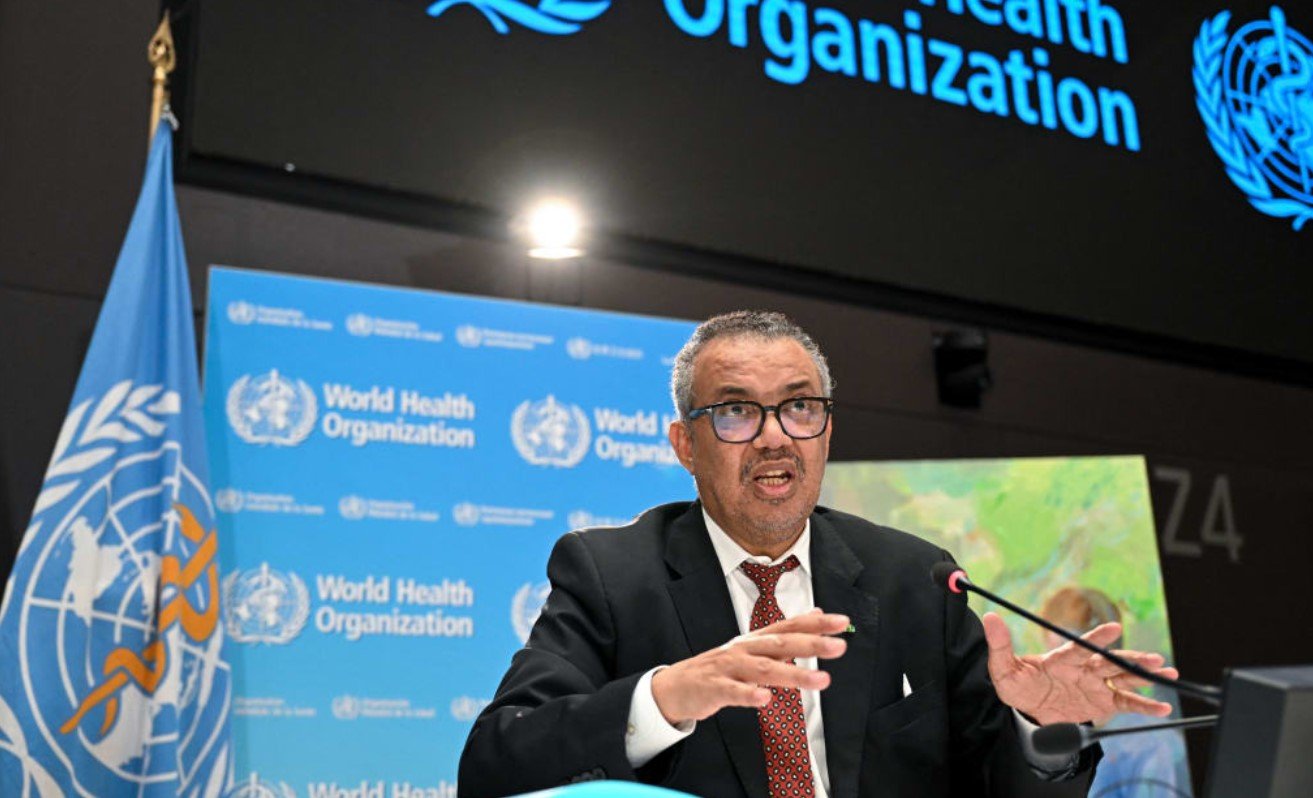The World Health Organization (WHO) has declared mpox, formerly known as monkeypox, a global health emergency. This declaration comes in response to a significant surge in cases across multiple African countries, particularly in the Democratic Republic of the Congo (DRC). The virus, which has been endemic in parts of Africa for decades, is now spreading rapidly, raising concerns about its potential to cause a global outbreak. This article delves into the details of the mpox virus, the reasons behind the emergency declaration, and the global response to this escalating health crisis.
Understanding Mpox and Its Spread
Mpox is a viral disease caused by the Orthopoxvirus, the same family of viruses that includes smallpox. The disease was first identified in humans in 1970 in the DRC. Mpox is characterized by fever, rash, and swollen lymph nodes, and can lead to severe complications in some cases. The virus is primarily transmitted through close contact with infected animals or humans, and it can also spread through respiratory droplets.

The recent surge in mpox cases has been attributed to several factors. One significant factor is the emergence of a new clade of the virus, which is more transmissible and potentially more severe. This new clade has been spreading rapidly in the DRC and neighboring countries, leading to a sharp increase in reported cases. Additionally, the ongoing humanitarian crisis in the region has exacerbated the spread of the virus, as displaced populations and poor living conditions create an environment conducive to transmission.
The WHO’s declaration of a global health emergency underscores the urgent need for coordinated international action to contain the spread of mpox. This includes ramping up surveillance, improving diagnostic capabilities, and ensuring that affected communities have access to necessary medical care and resources.
The Global Response to the Mpox Outbreak
In response to the mpox outbreak, the WHO has developed a comprehensive regional response plan. This plan involves close collaboration with affected countries, international health organizations, and local communities to implement effective control measures. One of the key components of this plan is enhancing surveillance and diagnostic capabilities to quickly identify and isolate cases of mpox.
The WHO is also working to raise awareness about mpox and its symptoms, encouraging people to seek medical attention if they experience any signs of the disease. Public health campaigns are being launched to educate communities about preventive measures, such as avoiding contact with infected animals and practicing good hygiene.
In addition to these efforts, the WHO is mobilizing resources to support affected countries. This includes providing financial assistance, medical supplies, and technical expertise to help manage the outbreak. The organization is also coordinating with other international partners to ensure a unified and effective response to the crisis.
Challenges and Future Outlook
Despite the efforts being made to contain the mpox outbreak, several challenges remain. One of the primary challenges is the limited availability of vaccines and treatments for mpox. While there are vaccines that can provide some protection against the virus, their supply is currently insufficient to meet the growing demand. Efforts are underway to ramp up production and distribution of these vaccines, but it will take time to achieve widespread coverage.
Another challenge is the need for stronger health systems in affected countries. Many of the regions experiencing the highest rates of mpox transmission have weak healthcare infrastructures, which hampers their ability to effectively respond to the outbreak. Strengthening these health systems is crucial for controlling the spread of mpox and preventing future outbreaks.
Looking ahead, it is clear that a sustained and coordinated global effort will be necessary to bring the mpox outbreak under control. This includes continued investment in research and development of vaccines and treatments, as well as ongoing support for affected countries to strengthen their health systems. By working together, the international community can help mitigate the impact of mpox and protect public health.









